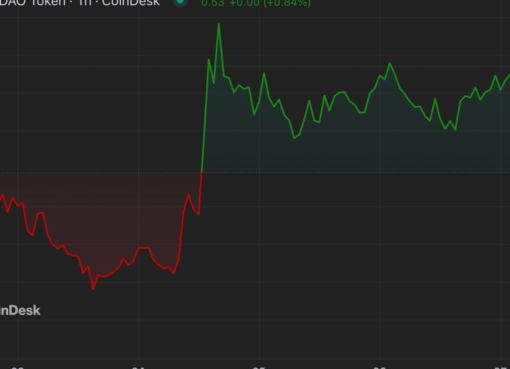Ethereum team lead Péter Szilágyi says many Ethereum clients “very aggressively” delete old chain segments, raising questions about network dependency on Geth.
Ethereum software client Geth (also known as Go Ethereum) remains a focal point of discussion, as Ethereum team lead Péter Szilágyi raised concerns about the increasing reliance on Geth, emphasizing the broader implications for data availability and network decentralization.
In an X post on May 27, Szilágyi addressed the complex dynamics surrounding Ethereum’s storage infrastructure, highlighting parallels with the contentious debates that have long surrounded Bitcoin’s development.
Szilágyi’s concern centers on Ethereum’s growing dependence on Geth for data storage, particularly as the platform aims to scale up. The Ethereum team lead pointed out a divergence among Ethereum clients, with many besides Geth opting to “aggressively” remove old chain segments, because they “aren’t needed.”
“Most of the other clients beside Geth started very aggressively deleting old chain segments, because they aren’t needed. The reasoning is that you can reprocess the chain, so you ‘full sync’, but there’s no need to keep the data (yeah, because Geth maintains it for us, losers).”
Péter Szilágyi
While this strategy may offer short-term benefits in terms of storage optimization, Szilágyi raised profound questions about the long-term resilience and decentralization of the Ethereum network.
He particularly warned of the inherent risks associated with data dependency and the potential consequences of widespread data purging, saying “data tends to always disappear, never reappear, so the more people discard something, the less probable it is that the remainder of the nodes will be willing to store/serve it themselves; and the harder it will be to find those few who are willing to serve it.”
The Ethereum community has long grappled with concerns regarding the dependency on Ethereum clients.
As per data from Ethernodes, over 40% of Ethereum clients are dependent on Geth, with nearly 38% on Nethermind, another software client in the Ethereum ecosystem. As a result, the issue of Ethereum client dependency has prompted major crypto companies like Coinbase to explore alternative Ethereum execution clients in order to diversify their infrastructure.




